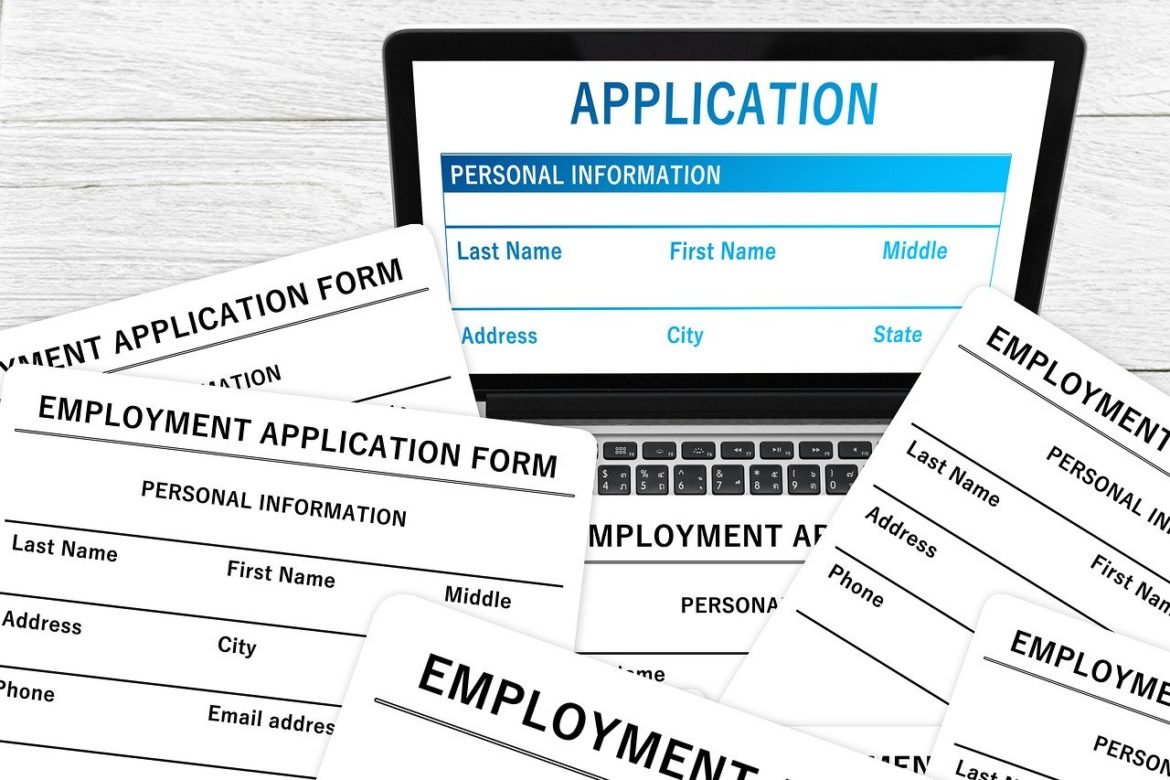Successful Applications
We are approaching that time of year when training teachers begin to apply for teaching jobs. However, you might not be new to the art of the application but are just seeking some additional advice. Hopefully, this advice will help you stand-out. What follows is based upon my own experience of shortlisting candidates for interview over a period of around 10 years. Each school or college will have their own version of a scoring matrix, so the advice here is just that! This blog is only looking at the supporting statement section of the teaching application – more will follow.
The supporting statement. The supporting statement is the most critical aspect of the application. Sometimes this section goes by a range of titles including ‘Details to Support Application’, ‘Letter of Application’ or ‘Personal Statement’ for instance. It is here that most of the scoring of your application will take place. So in no particular order, think about including the following:
- Make sure you have written enough. I would suggest one page (about font 11) and no more than 2 pages. I was always surprised by how many candidates did not write enough to really sell themselves in this section. You should always plan it. There should be clear themes to each of the paragraphs and it should flow. Make sure you proof read it several times and check for any spelling mistakes.
- Match the personal statement to the job description. Tick the job description off as you go. Don’t be tempted to simply cut and paste the same personal statement into each application because your application should be changed according to the school and the job. I saw a few where they left the name of the previous school they applied for on it!
- It is always best to use specific examples and where possible, figures. Give specific examples of assessment practices you use or data from results for example. Give specific examples of achievements. Try not to be too general in your answer. If you are an NQT, then use examples from your teaching blocks and work experience to substantiate it.
- Include your assessment strategies. Be sure to discuss how you assess and track your pupils to maximise outcomes. Do you record marks using spreadsheets? Keep homework folders? How do you report home? How do you engage students in their feedback? DIRT?
- Emphasise your enthusiasm for teaching and give examples of the teaching strategies you use. This will give an indication to the potential interviewer that you have an up to date knowledge of pedagogy and energy in the classroom. It should also be clear from your application how and why you enjoy working with young people.
- Be open to learning new things! It is important that the personal statement does not become a shopping list of training and achievements. Don’t appear to be a ‘know it all’. The shortlister will be thinking about how you will fit in with their team, so they will want certain soft skills too. For instance, your ability to listen, reflect or be a team player. Make sure these qualities are present and express your desire to learn new things and be open to additional training.
- Don’t forget to include any pastoral work you have done, this is often an expected aspect of the role. Do you have any experience as a form tutor or have you delivered PSHE lessons for example? Include any experience of parents evenings, open evenings and anything else that supports the school too. For Sixth Form posts, include any experience of supporting students with UCAS, summer school applications and Oxbridge.
- Add in how you address key themes in your practice (often whatever Ofsted are currently looking for). For example, British Values, Maths and English etc.
- What else can you offer the school? It’s a good idea to include this in your statement. This will normally includes any additional enrichment/clubs you can offer them – perhaps based upon you love of guitar playing?
- Try to incorporate the schools ‘vision and values’ in your application. This might be when you are describing the skills and qualities you have but also how you finish the application. I normally finish with something I know about the school, how I embrace their ethos and why I want to work for them.
Hopefully, this advice will help you in your next application. Feel free to share any other advice for the people reading this. We all get knock-backs for job interviews regardless of how polished the application. Don’t be too hard on yourself if this happens! Some schools and colleges have a clear view of the candidate they are looking for and you may not fit that. For instance, they might need someone really experienced because they have a young team. This happens and in those circumstances, there is nothing you can do about it. If you miss out on the interview, ask them if they have any advice. Sometimes schools are too busy to respond but some will offer some pointers and you can use this for your next application.
More to follow.
Best of luck!


